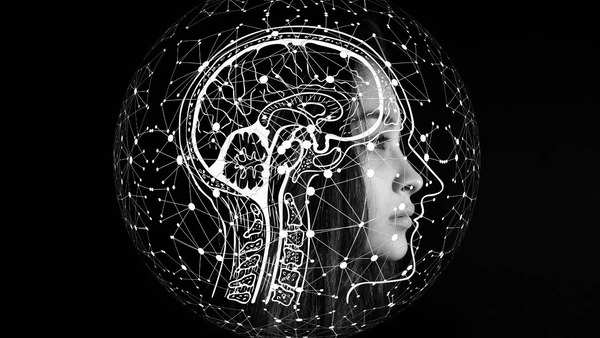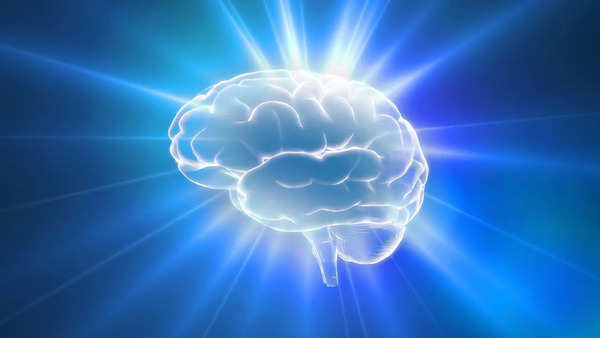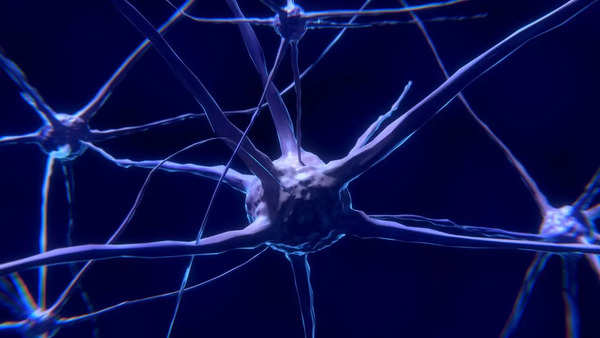One of the greatest mysteries to be solved is what lies beyond life—what happens after death. This profound question has fascinated and perplexed humanity since the dawn of time, giving rise to countless theories, beliefs, and interpretations. From science to religion, each branch of intellectual studies has tried to solve this but the answer has remained elusive. Adding to various interpretations of what happens after death, the “smartest man in the world” has revealed his belief in this age-old question.
Chris Langon, 72, an American horse rancher is alleged to have an IQ between 190 and 210. This number is 30-50 points more than one of the most influential figures in the scientific community, Albert Einstein.

Langon has come up with a new hypothesis which is known as the Cognitive-Theoretic Model of the Universe (CTMU). The CTMU suggests that reality is a “self-configuring, self-processing language,” and Langan believes that death might represent a shift in the “syntax” of existence.
As per Langon, the theory explains the ‘connection between mind and reality.’ His theory is that when humans die, we transition from one form of being into another. And all this happens within the computational structure of reality. Our soul moves into a different plane of existence which remains invisible to us while we are alive.
How this new dimension would be is not yet clear, but Langon believes that the traditional belief of hell and heaven is too simple whereas Langon postulates a transition to an entirely new state of being. Langon presented his theory during an appearance on the podcast Theories of Everything with Curt Jaimungal in May.

On the podcast, Langon explains, “Langan described death as merely leaving behind your body, instead of ceasing to exist. He said: “That’s the termination of your relationship with your particular physical body that you have at this present time.” He further says, “When you are retracted from this reality, you go back up toward the origin of reality. You can be provided with a substitute body, another kind of terminal body that allows you to keep on existing.”
Describing this alternate dimension, Langon says that when a soul is transported there, it forgets what body it embodied before coming here. “You can have – these memories can be – nothing goes out of existence in the math.” Certain automatic psychological processes are triggered at the moment of death. After death, a person is believed to enter a state resembling meditation. It was added that, in this state, everything is observed as it changes, much like the way one exists in the present moment.

Talking about the afterlife, Langon argues that it is ‘is something else entirely.’ It involves a deep shift, moving the ‘soul’ or consciousness beyond the body and mind. God for him is not something necessarily presiding over ‘heaven’ rather the term God is attributed to everything as the identification of certain properties that we can see around us.
To sum up, the Cognitive-Theoretic Model of the Universe (CTMU) has three main assumptions. The first is that reality consists of information structured as language. The second assumes that reality is ‘transtemporal,’ allowing events in one timeline to influence those in others. The third posits that our self-simulated reality contains a ‘substrate’ of this information—a ‘pan consciousness’ that arises from the creator or simulator itself.


